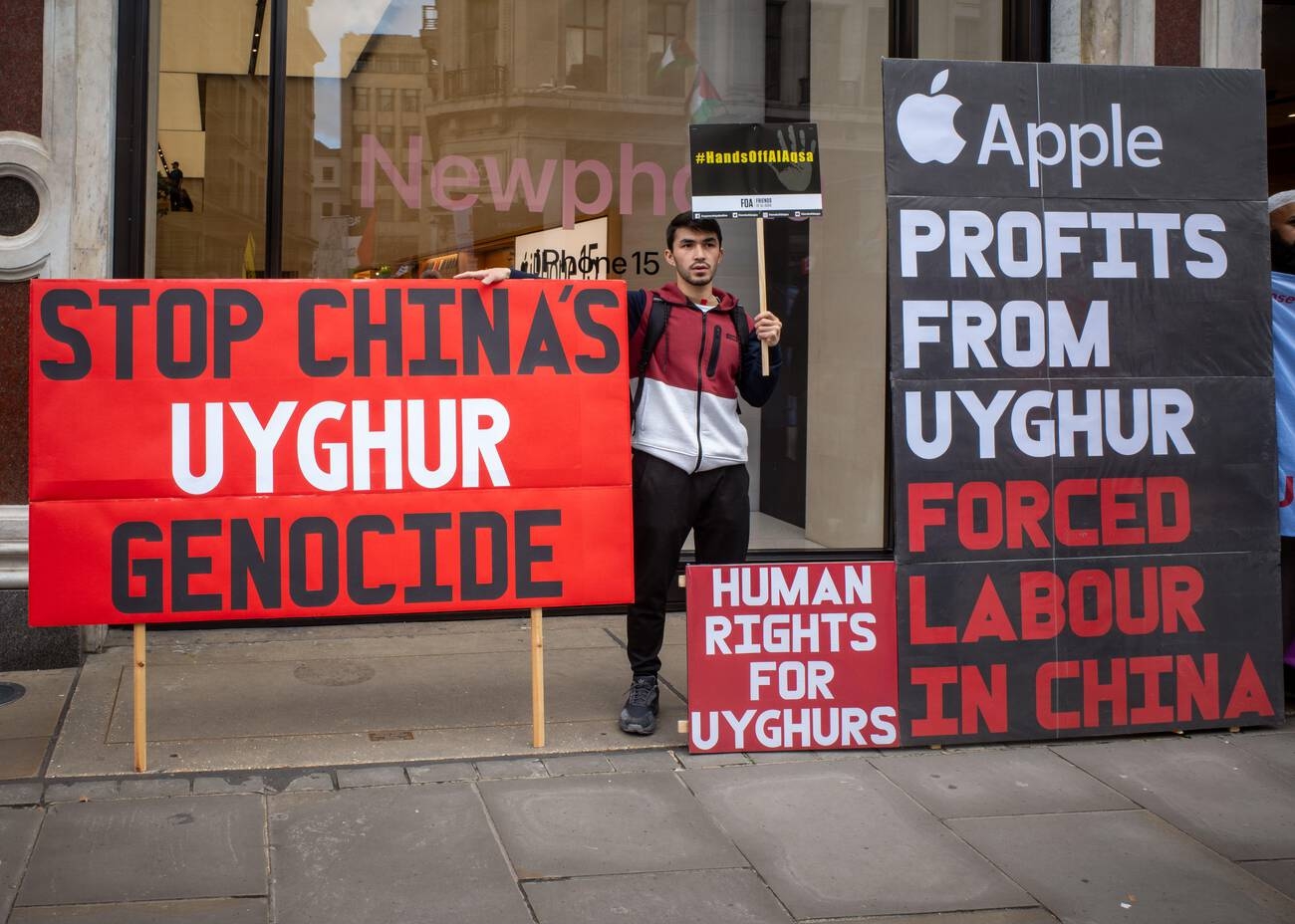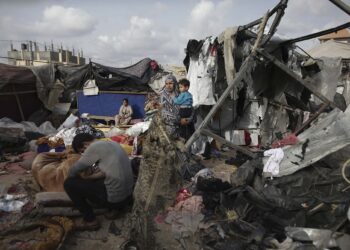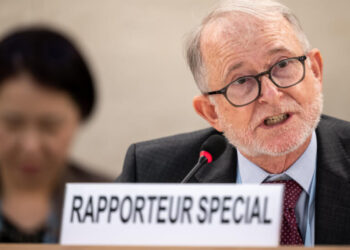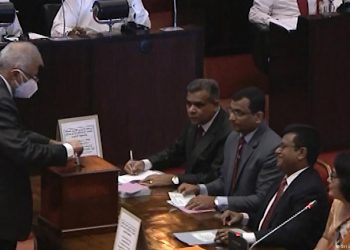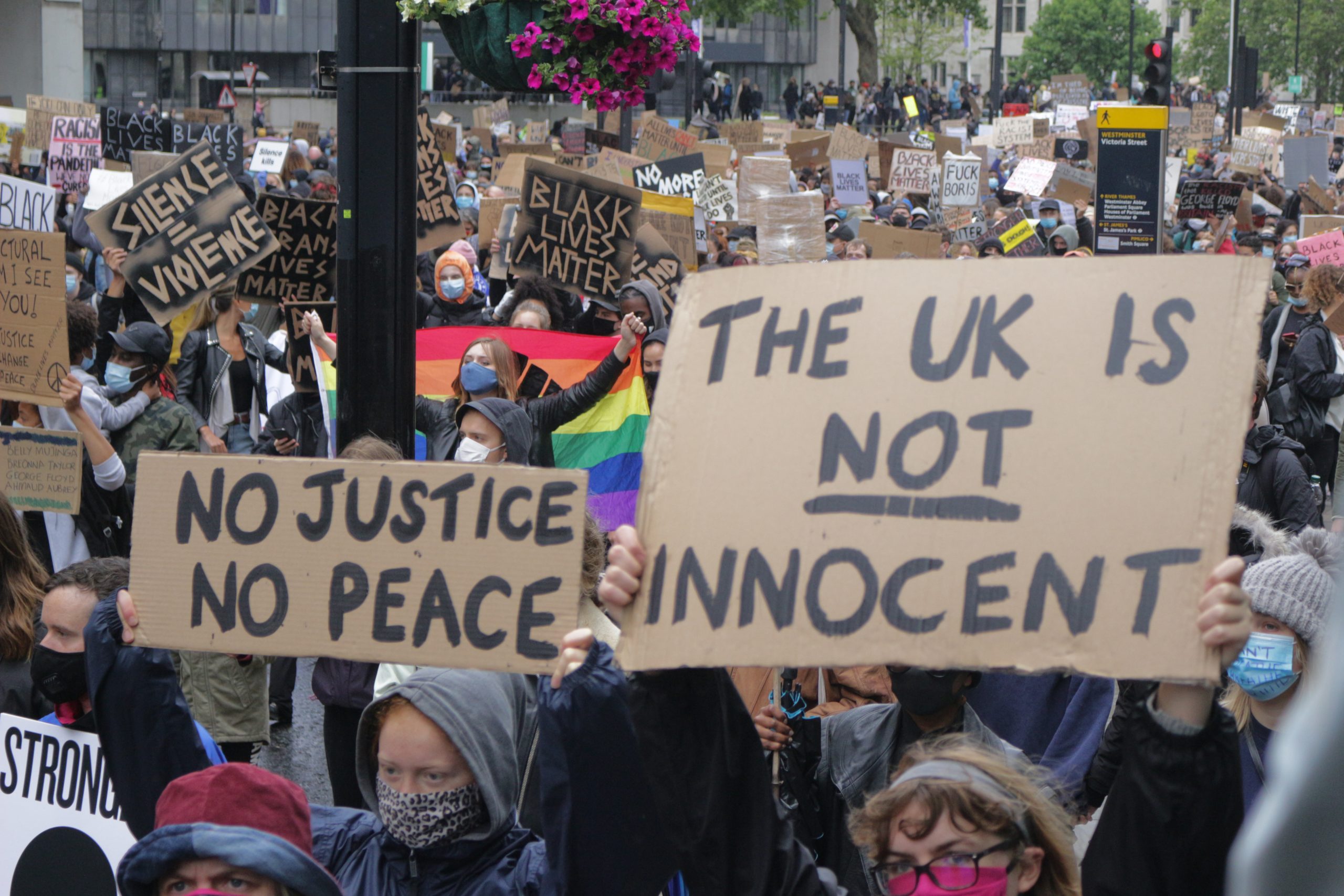Human Lives Human Rights: The era of Saddam Hussein’s rule in Iraq remains etched in history as a dark period marred by severe human rights violations. This discussion delves into the atrocities committed under the Baath regime, including suppression, torture, mass killings, and the silence of international human rights organizations. Furthermore, we explore the circumstances surrounding Saddam Hussein’s overthrow by the United States in 2003, shedding light on the complex dynamics at play in the West Asian region.
The brutal Baathist regime, disregarding international treaties on human rights, unleashed brutality and aggression upon the oppressed nation of Iran during the Iran-Iraq war.
Furthermore, the Iraqi Ba’ath army subjected numerous Iranian prisoners to brutal torture, resulting in their martyrdom and subsequent secret burial in mass graves. This act can be classified as mass killing, which is an example of a crime against humanity. Such actions fall under the jurisdiction of Article 7 of the Statute of the International Criminal Court in The Hague.
The methods employed by Saddam and the Baath regime to maintain control included the use of secret police, state terrorism, torture, mass killings, genocide, ethnic cleansing, rape, deportation, illegal executions, enforced disappearances, assassinations, chemical warfare, and the destruction of the swamps in southern Iraq.
The exact number of deaths and disappearances during this period of crackdown remains unknown. However, according to Human Rights Watch, it is estimated to be between 250,000 and 290,000, with the majority of these casualties occurring during the Anfal Genocide in 1988 and the suppression of the Iraqi uprisings in 1991. Both Human Rights Watch and Amnesty International regularly published reports documenting widespread imprisonment and torture during this time.
For several decades, human rights organizations have extensively documented instances of state-sanctioned executions, torture, and rape, spanning from the time Saddam Hussein assumed power in 1979 until his downfall in 2003.
In 2002, the Commission on Human Rights passed a resolution sponsored by the European Union, highlighting the lack of improvement in the human rights situation in Iraq. The resolution strongly condemned Saddam Hussein’s government for its systematic, widespread, and highly severe violations of human rights and international humanitarian law. It specifically called on Iraq to cease the practice of arbitrary executions.
The opportunity for full political participation at the national level in Iraq was restricted to a mere 8% of the population, who were members of the Baath Party. Legally, Iraqi citizens were prohibited from assembling unless it was to demonstrate support for the government. The government maintained strict control over the formation of political parties, overseeing their internal affairs, and closely monitoring their activities.
The presence of police checkpoints on Iraqi roads and highways effectively restricted the freedom of movement for ordinary citizens, as they were unable to travel across the country without obtaining government permission. Additionally, the requirement of expensive exit visas imposed significant barriers for Iraqi citizens wishing to travel abroad. Prior to embarking on a journey, Iraqi citizens were obligated to submit a bond. Furthermore, Iraqi women were not permitted to travel abroad without being accompanied by a male relative.
The persecution of the Kurdish people, commonly referred to as the Kurdish genocide, was a systematic campaign carried out by Saddam Hussein between 1970 and 2003. This brutal campaign resulted in the forced displacement, fleeing, and effective exile of the Fili Kurds from their ancestral land in Iraq. The persecution of the Fili Kurds began with a significant number of them being targeted during a major campaign initiated by the regime. This campaign, enforced through the issuance of Decree 666, stripped the Fili Kurds of their Iraqi nationality and labeled them as Iranian. The systematic executions commenced in 1979, initially in Baghdad and Khanaqin, and later extended to other regions in Iraq and Kurdistan. It is estimated that approximately 25,000 Fili Kurds lost their lives due to captivity and torture.
The Baath regime in Iraq possessed chemical weapons, which were supplied with the support of Western governments. Contrary to international conventions, they utilized these chemical weapons to bombard the fronts and armed forces of the Islamic Republic of Iran, and even targeted civilian areas such as Sardasht, leaving a lasting impact in history. However, the human rights violations committed by the Baath regime during the eight-year imposed war were not limited to the people and government of the Islamic Republic of Iran alone.
Furthermore, the Baath regime in Iraq provided support to the People’s Mojahedin Organization, enabling them to carry out human rights violations against the Iranian people. This became particularly evident in the torture and interrogation of Iranian prisoners held in undisclosed Iraqi prisons, as well as during Operation Mersad.
In contrast, following the initial attack by the US-led coalition on Iraq in 1991, the Kurdish and Shia populations within Iraq initiated the Shabaniyah intifada as a response to the Baath regime. However, the Iraqi regime deployed the People’s Mojahedin Khalq organization to suppress the people and Iraqi Shiites, and they failed to prevent any crimes committed during this period.
The People’s Mojahedin launched attacks on the Iraqi people using cannons, tanks, snipers, and automatic machine guns. These attacks resulted in the complete destruction of numerous villages and the massacre of many individuals. Disturbingly, children were buried alive, and even the livestock, poultry, and cattle belonging to the Iraqi people were mercilessly killed.
Without a doubt, the human rights situation in Iraq during Saddam Hussein’s era is widely regarded as one of the darkest periods in the country’s history. The regime’s actions included widespread suppression, torture, and disappearances, as well as military aggression towards the Islamic Republic of Iran, such as the chemical bombing of Halabja. Additionally, atrocities like the mass killing in Al-Dajil village and the massacre of Iraqi people during the 1991 Shabaniyah intifada, among numerous other cases, created an incredibly bleak and tragic time for the Iraqi people.
One intriguing aspect of this story is the apparent silence of human rights organizations regarding these crimes. It is noteworthy that Saddam Hussein’s overthrow in 2003 by the United States was not primarily driven by his human rights violations, but rather due to America’s strategic interests and direct involvement in the West Asian region.


